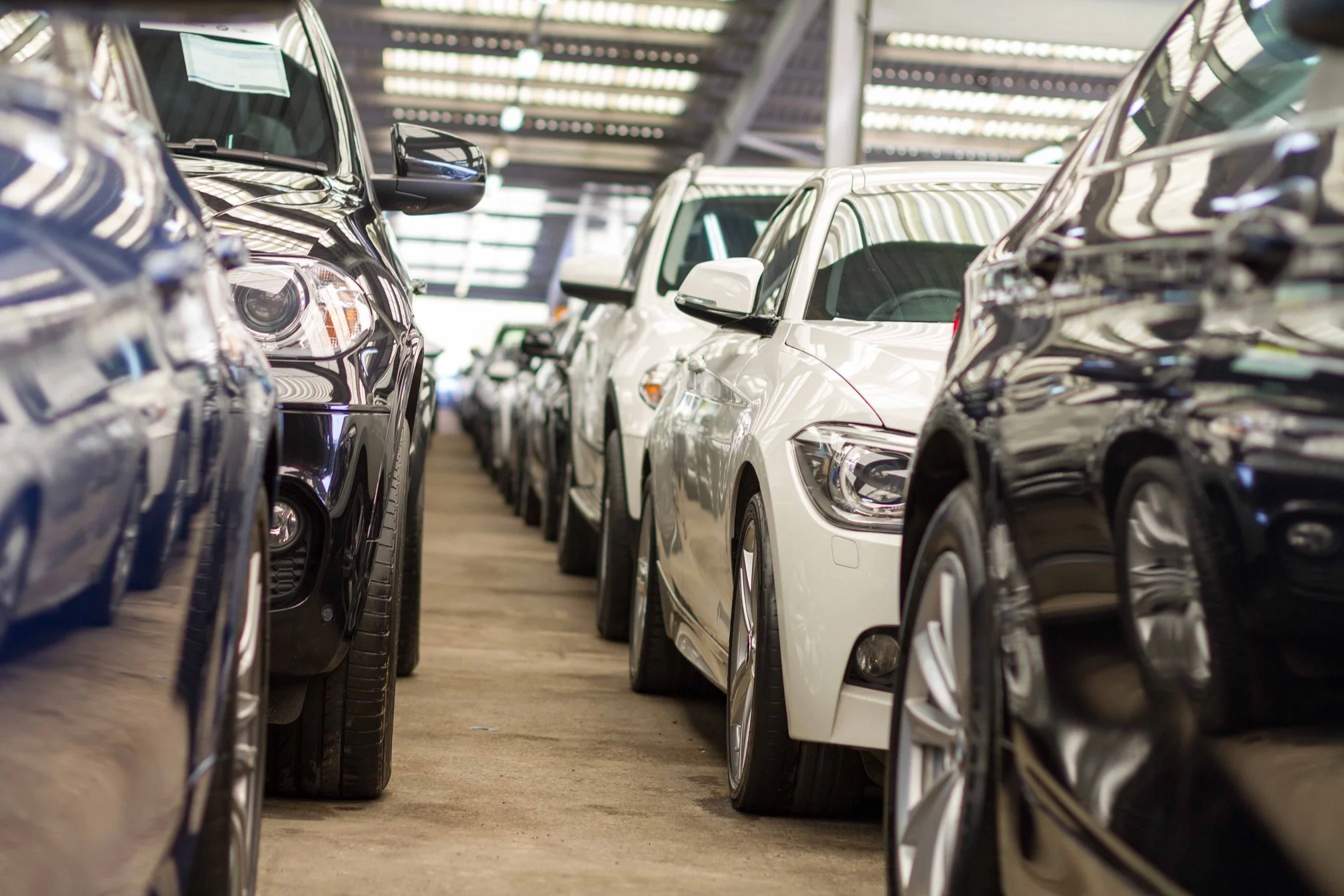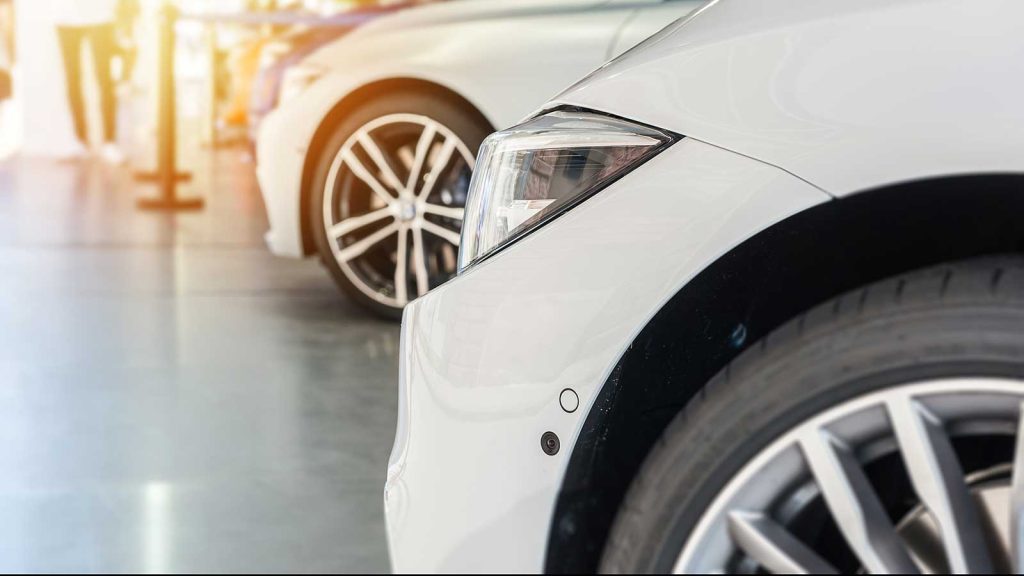Have you ever paused to reflect on when it might be time to replace your car? For many, this thought doesn’t cross their minds until a pressing issue arises. Common warning signs that signal the need for an upgrade often go unnoticed, whether due to a lack of expertise or an emotional bond with the vehicle. Yet, delaying this decision can lead to escalating problems and unexpected expenses. By recognizing these signals early, you can save money on repairs and enjoy a better driving experience.
Cars are often seen as long-term investments, but like all machines, they eventually show signs of wear and obsolescence. Rapid advancements in technology, evolving regulations, and shifts in personal needs all play a role in determining when it’s time for an upgrade. By examining the most common indicators that your car may need replacing, you can make an informed decision that enhances safety, efficiency, and convenience on the road.
1. Emission Compliance Issues
One significant sign that your car may need replacing is its failure to comply with modern emission standards. As regulations evolve, especially with the rise of electric vehicles (EVs), older petrol or diesel cars may become non-compliant. For instance, the UK’s Euro Six standards, implemented in 2016, aim to reduce harmful emissions. Older vehicles that don’t meet these standards may incur daily fines in specific zones, pushing drivers towards cleaner alternatives. Upgrading to a hybrid or EV not only avoids these penalties but also contributes to environmental sustainability.
2. Safety Concerns
Feeling unsafe while driving is a clear indication that it’s time to consider a new car. Whether it’s due to shaky steering, faulty electronic controls, or outdated safety features, an unreliable car can jeopardize your well-being. Modern vehicles offer advanced safety systems like blind spot monitoring, automatic emergency braking, and collision warnings, which ensure safer journeys. Replacing your vehicle for safety reasons isn’t just practical—it’s essential.
3. Frequent Breakdowns
If your car is constantly breaking down, it’s time to evaluate its reliability. Frequent visits to the mechanic for issues like overheating engines, failing alternators, or faulty batteries can quickly become financially draining. Older petrol and diesel vehicles are especially prone to breakdowns, while EVs, despite higher repair costs, tend to have fewer mechanical issues overall. Investing in a newer vehicle can significantly reduce these recurring costs.

4. Excessive Mileage
High mileage is another indicator that your car may be past its prime. While some cars run efficiently even after 100,000 miles, many start experiencing significant wear and tear beyond this point. Preparing for a replacement before breakdowns occur ensures you remain mobile and avoid being stranded. Plus, trading in a high-mileage car can sometimes yield value, especially if it holds vintage appeal.
5. Reduced Fuel Efficiency
As cars age, their fuel efficiency tends to decline, making them more expensive to run. If you find yourself at the pump more often than before, upgrading to a newer, more efficient vehicle might be wise. Modern cars, particularly EVs, offer significant savings on fuel costs while reducing your carbon footprint, aligning with the growing demand for sustainability.
6. Emotional and Practical Disconnect
Sometimes, a car loses its sentimental or practical value. If your car evokes negative memories or no longer fits your lifestyle, such as transitioning from a two-seater to needing an SUV for a growing family, it’s time for a change. Upgrading to a vehicle that suits your current needs can bring both emotional relief and practical benefits.

7. Lack of Modern Features
If your car can’t accommodate the latest technological advancements, such as smartphone integration or push-button ignition, it may feel outdated. Modern vehicles come equipped with features that enhance convenience, connectivity, and safety. Upgrading ensures access to these innovations, improving your overall driving experience.
8. Loan Repayment Completion
Once your car loan is fully paid off, it may be the perfect time to consider an upgrade. With no ongoing financial obligation for your current vehicle, you’re in an excellent position to trade it in and finance a newer model. This transition can feel like a reward for years of diligent payments.
9. Desire for Change
Lastly, sometimes you simply want a new car. Whether it’s for the excitement of owning the latest model or the enjoyment of a fresh driving experience, upgrading can be a personal decision. A new vehicle often symbolizes progress and can bring renewed satisfaction to daily commutes and long trips alike.
Replacing your car is not always an easy decision, but recognizing the signs can save you time, money, and stress. Whether due to safety, efficiency, or a changing lifestyle, upgrading your vehicle ensures that you remain comfortable and confident on the road. By staying informed and proactive, you can turn the process of buying a new car into an opportunity for improvement and renewal.

